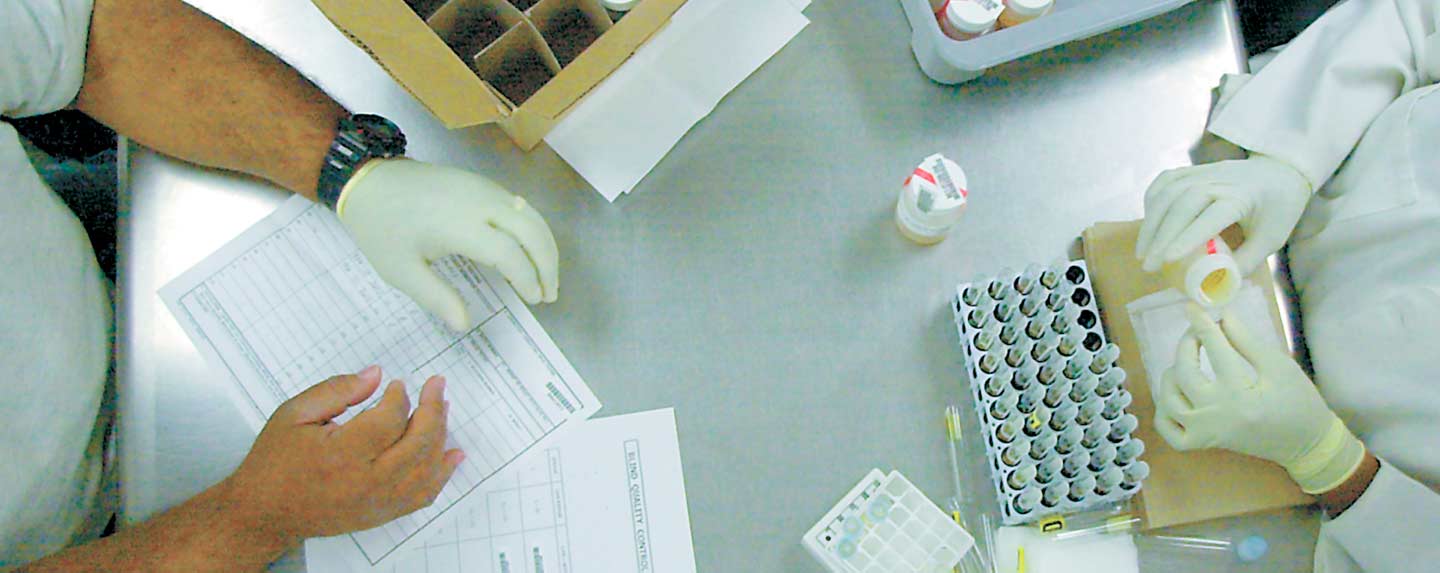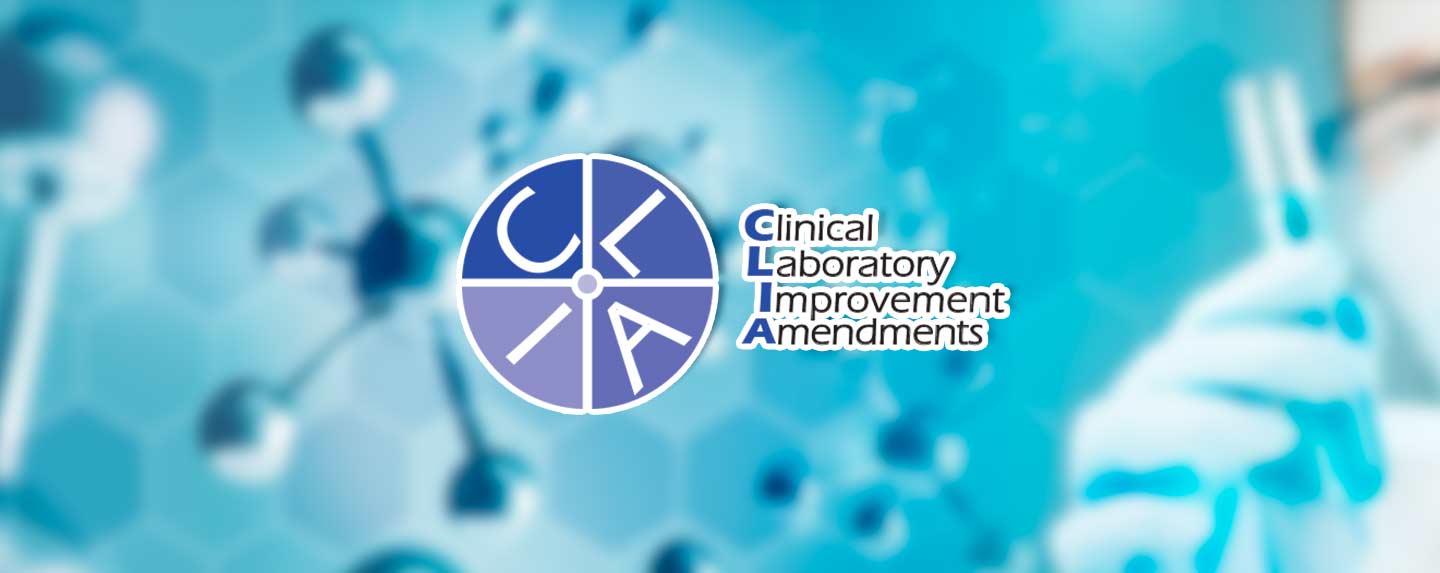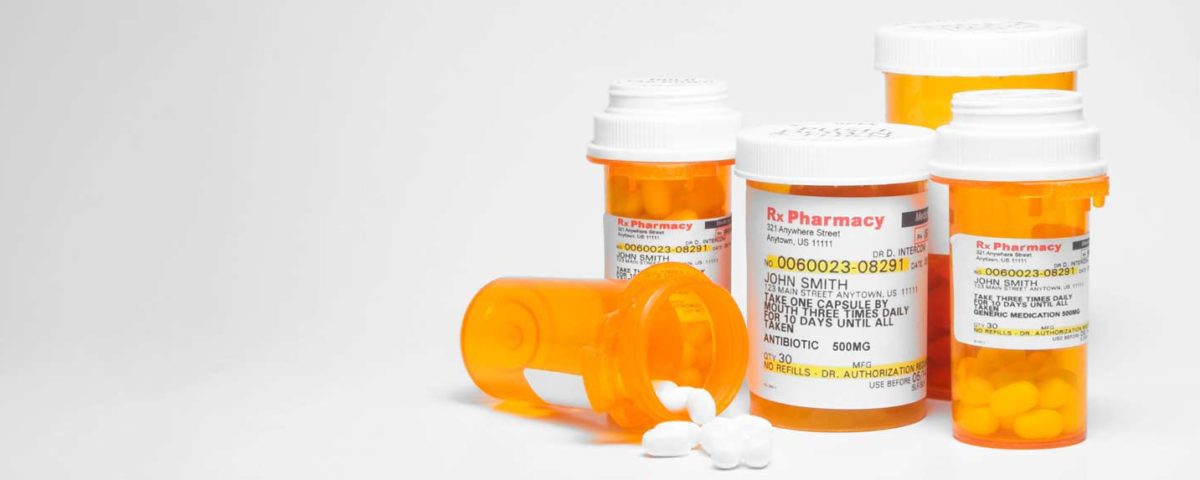


What is the sensitivity of onsite drug tests?
January 25, 2019


What are CLIA-waived drug tests and why are they important?
January 25, 2019What is the meaning of “cross reactivity” in drug testing?
Cross reactivity occurs when an unrelated but structurally similar substance triggers a false positive drug test result on an onsite rapid urinary analysis (UA) device. This is something that is unavoidable when using any onsite UA devices that can be purchased on the retail market because they only provide qualitative results.
When drug tests analyze urine samples, they are not necessarily searching for the drug itself but for related metabolites, that is, the compounds that are formed when the chemicals in drugs interact with the cells in the body. Some drug from the same type of family/category share common properties and shape, meaning that when they bind with our body’s cells, they produce the same metabolites as the drugs of abuse.
What happens when a drug test appears as a positive?
Substances on a reacted immunoassay fall into two categories: the targeted drug class, which are expected to be detected as a positive reading, and structurally similar but unrelated substances that can show up as a false positive. When the results are disputed and more information about the results are needed, then confirmation testing is done.
Confirmation testing is generally done by a registered lab with gas chromatography-mass spectrometry (GCMS) testing equipment. GCMS is a method of analysis that identifies substances within a test sample. It’s considered the gold standard in forensic and drug testing because it can perform a 100% specific test.
GCMS testing allows for a greater level of sensitivity and specificity. This testing allows the true positives to be separated from the false positives. However, it is very expensive and requires advanced technical knowledge, which is why it’s only used to confirm whether drug test results are true or false positives.
What drugs can cause a false positive on a drug screen?
There are thousands of over the counter (OTC) and prescription-only medications (POM) available that have capabilities of causing cross reactivity. First it is best to request details of a donor’s medication if they are currently using one, then send the non-negative UA sample for confirmatory testing at a registered lab such as Labcorp or Fastest Labs.
Some commonly screened for drugs do have a higher chance of resulting in cross reactivity, such as amphetamines and methamphetamines. There are compounds with structural similarities to these substances contained in some OTC cough syrups or OTC cold and nasal decongestant medications.
Some of the most common medications that can yield false positives are:
- Analgesics like Daypro for benzodiazepines.
- NSAIDS like Advil and Aleve for barbiturates, cannabinoids (marijuana), or phencyclidine.
- Antibiotics like Levaquin and Cipro for opiates.
- Antidepressants like Wellbutrin and Prozac for amphetamines or LSD
- Antihistamines like Benadryl and Unisom for phencyclidine, methadone, or opiates.
- CNS stimulants like Ritalin and Adderall for amphetamines or methamphetamines.
- Cough suppressants like Robitussin and Delsym for opiates or phencyclidine.
- Decongestants like Sudafed for methamphetamines.
- Proton pump inhibitors like Prilosec and Nexium for cannabinoids (marijuana).
There are almost endless possibilities of substances that can cause cross reactivity. Hence, we recommend understanding cross-reactivity and getting educated about the subject as best you can so you can comfortably handle situations where errors can occur and follow the appropriate process to confirm the drug test results are legitimate.
Can I get instant drug tests that are not affected by cross reactivity?
The short answer is No. An onsite or instant drug test will always be susceptible to giving misleading results due to cross reactivity. However, some onsite drug tests offer better accuracy than others because of the technologies they employ.
If you want to streamline the drug testing process and avoid unnecessary costs, you can purchase accurate drug tests that will reduce the possibility of a false positive, although they can’t eliminate it completely.
Halux Diagnostic provides an array of FDA-approved, CLIA-waived and 99% accurate drug test dips and cups. If you would like to get precise and easy-to-use drug tests, contact us or order online on our website!





